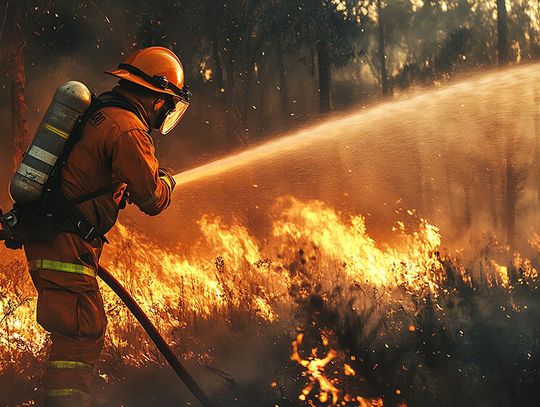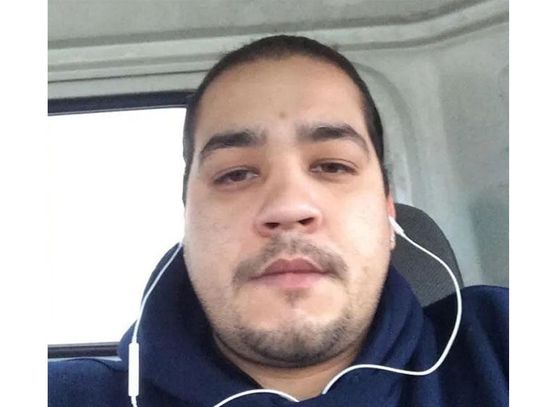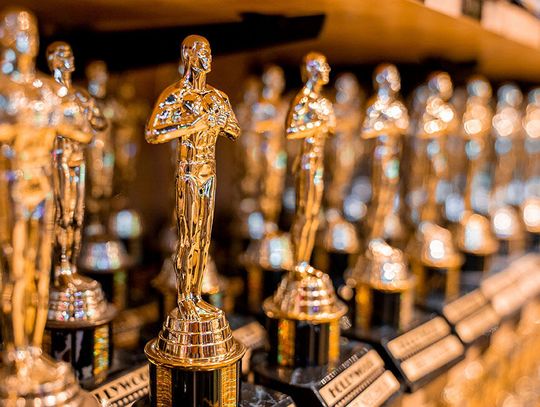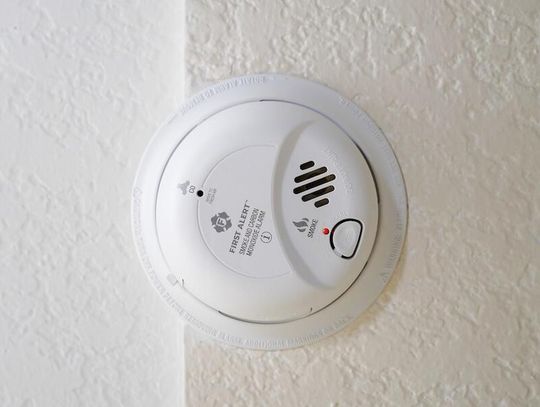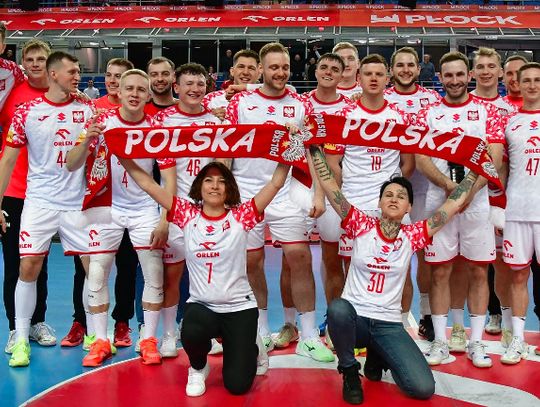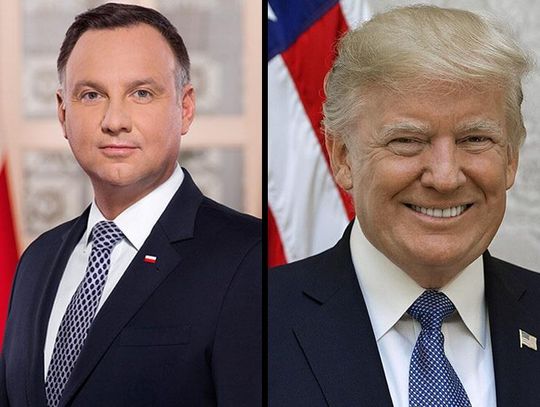Trzy tygodnie temu czułem się zmęczony, ale pomyślałem, że rutynowo zrobię to, co zawsze. Zjadłem śniadanie, a potem ćwiczyłem godzinę. Po lunchu poczułem się jeszcze bardziej zmęczony, więc skończyłem jeść kanapkę i powiedziałem żonie, że idę się zdrzemnąć.
Kiedy obudziłem się po godzinie, miałem 99.4 st. F gorączki i cały pokryty byłem potem. Moja żona orzekła, że to prawdopodobnie przeziębienie i powinienem zostać w łóżku.
Następnego dnia rano zmierzyłem sobie temperaturę. 101 st. F i bolało mnie całe ciało, miałem suchy kaszel, który utknął w moich płucach. Zrobiłem sobie szybki test na koronawirusa i wynik był negatywny. Ciągle wierzyłem, że to przeziębienie i uspokoiłem się.
Następnego poranka było jeszcze gorzej. Miałem 102.4 F, a mój suchy kaszel był bardziej wyraźny, pociłem się i trząsłem z zimna. Tym razem szybki test na COVID dał wynik pozytywny. Zadzwoniłem do swojego lekarza, który kazał mi poddać się kwarantannie przez 10 dni. Spędziłem te 10 dni samotnie w sypialni.
Było ciężko. Chory na COVID spędziłem kilka następnych dni, pocąc się i trzęsąc z zimna oraz starając się wykasłać suchą flegmę, która utkwiła w moich płucach. Byłem tak wyczerpany, że ledwo się trzymałem. Nie mogłem oglądać telewizji ani czytać książki. Piątego dnia usłyszałem więcej złych wiadomości. Test mojej żony dał wynik pozytywny. Zaraziła się ode mnie.
W szóstym dniu COVID zaczął się wycofywać. Obudziłem się, a ból ciała, dreszcze i gorączka prawie minęły. Ciągle miałem lekki suchy kaszel i byłem zmęczony, ale nie było już tak źle jak na początku. Teraz czułem się całkiem normalnie.
Zastanawiałem się, skąd wziął się u mnie COVID. W ciągu dwóch poprzedzających chorobę tygodni byłem tylko dwa razy poza domem. Poszedłem do mojego fizjoterapeuty, ale tam wszyscy byli w maskach, a personel ciągle dba o to, żeby sprzęt był czysty i zdezynfekowany. Drugie wyjście z domu było do ulubionej restauracji. Tam panuje dystans społeczny, a wszyscy kelnerzy i kelnerki noszą maski oraz klienci, kiedy nie jedzą.
Wszystko, o czym mogę teraz myśleć, to fakt, że mimo naszych najlepszych starań, by zachować bezpieczeństwo, COVID nas wyśledzi. Nie oznacza to, że nie powinniśmy podejmować środków ostrożności – zaszczepić się, wziąć dawkę przypominającą i zakładać maski. Oznacza to po prostu, że jeśli nie podejmiemy tych środków ostrożności, zwiększamy nasze szanse na zarażenie się COVID i poczucie jego pełnej mocy.
Gdybym nie dostał szczepionki i dawki przypominającej, prawdopodobnie byłbym teraz martwy, a wy czytalibyście mój nekrolog.
COVID will get you
Three weeks ago today, I was feeling a little tired, but I thought I would just do my usual routine. I had breakfast and then exercised for an hour. After lunch, I started feeling more tired, so I finished my sandwich and told my wife that I was going to take a nap.
When I woke up an hour later, my temperature was 99.4, and I was covered with sweat. My wife said I probably had a cold and should stay in bed.
The next morning I took my temperature again. It was 101 degrees, and my body was covered with pain, and I had this dry cough stuck in my lungs. I took a quick COVID antigen test, and it was negative. I still believed it was just a cold, and I’d take it easy.
The following morning was even worse. My temperature was 102.4, and my dry cough was more pronounced, and I was sweating and shaking with the chills. This time the COVID quick test said I was positive. I called my doctor, and he told me to quarantine myself for ten days. I spent those 10 days in the bedroom alone.
It was hard. Sick with COVID, I spent the next couple days sweating and shaking with the chills and trying to cough up the dry phlegm that was stuck in my lungs. I was so exhausted that I could barely stay away. I couldn’t watch TV or read a book. The fifth day into this I heard more bad news. My wife had tested positive. She had picked it up from me.
On my sixth day of COVID, it started pulling back. I woke up, and the body aches and sweats and chills and the fever all were pretty much gone. I still had a little of the dry cough, and I was tired, but it wasn’t as bad as it was at first. Now, I feel pretty much normal.
I’m wondering where the COVID came from. In the two weeks before I came down with it, I was only out of the house twice. I went to my physical therapist, but everyone there was masked, and the staff spends considerable time making sure the equipment is clean and sanitized. My only other outing was at our favorite restaurant. There’s social distancing in place there, and all the servers wear masks, and all the customers wear them when they aren’t eating.
All I can think of is that despite our best efforts to stay safe, COVID will track us down. This doesn’t mean we shouldn’t take precautions – get vaccinated and boostered and stay masked – it just means if we don’t take those precautions we’re increasing our chances of getting hit by COVID and feeling its full power.
If I hadn’t gotten my vaccine and booster shot, I probably would be dead now, and you’d probably be reading my obituary.
John Guzlowski
amerykański pisarz i poeta polskiego pochodzenia. Publikował w wielu pismach literackich, zarówno w USA, jak i za granicą, m.in. w „Writer’s Almanac”, „Akcent”, „Ontario Review” i „North American Review”. Jego wiersze i eseje opisujące przeżycia jego rodziców – robotników przymusowych w nazistowskich Niemczech oraz uchodźców wojennych, którzy emigrowali do Chicago – ukazały się we wspomnieniowym tomie pt. „Echoes of Tattered Tongues”. W 2017 roku książka ta zdobyła nagrodę poetycką im. Benjamina Franklina oraz nagrodę literacką Erica Hoffera za najbardziej prowokującą do myślenia książkę roku. Jest również autorem serii powieści kryminalnych o Hanku i Marvinie, których akcja toczy się w Chicago oraz powieści wojennej pt. „Retreat— A Love Story”. John Guzlowski jest emerytowanym profesorem Eastern Illinois University.-John Guzlowski's writing has been featured in Garrison Keillor’s Writer’s Almanac, Akcent, Ontario Review, North American Review, and other journals here and abroad. His poems and personal essays about his Polish parents’ experiences as slave laborers in Nazi Germany and refugees in Chicago appear in his memoir Echoes of Tattered Tongues. Echoes received the 2017 Benjamin Franklin Poetry Award and the Eric Hoffer Foundation's Montaigne Award for most thought-provoking book of the year. He is also the author of two Hank Purcell mysteries and the war novel Road of Bones. Guzlowski is a Professor Emeritus at Eastern Illinois University.



